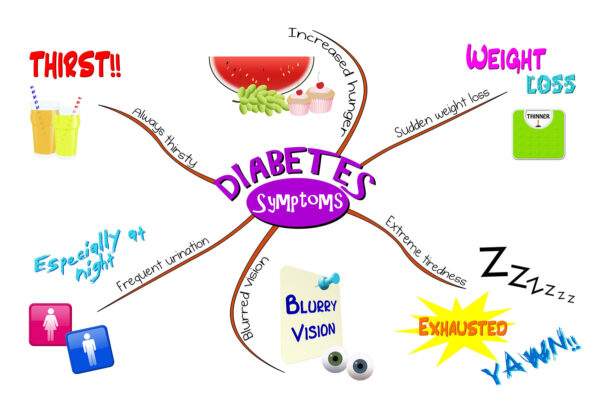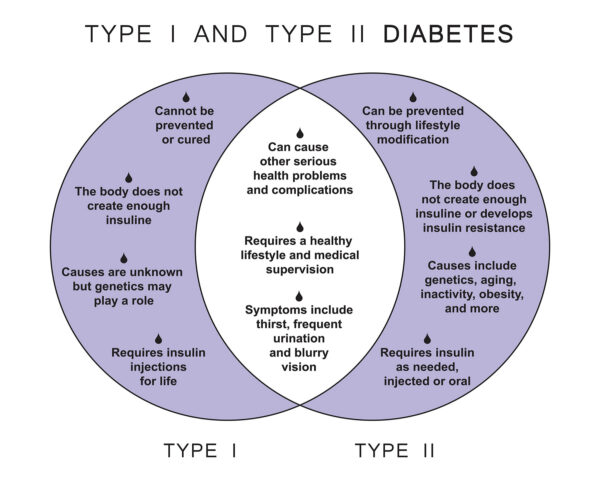A well-balanced diet is a cornerstone of good health for everyone, but it takes on added significance when you’re living with diabetes. The food you choose to eat plays a critical role in managing blood sugar levels and overall well-being. In this comprehensive guide, we’ll explore the intricate relationship between dietary choices and diabetes management, providing you with the knowledge and tools to make informed food decisions for better health.
Understanding Diabetes and Diet
Before diving into dietary choices, it’s essential to understand how diabetes affects the body and why diet plays a crucial role in its management. Diabetes is a condition that impairs the body’s ability to regulate blood sugar (glucose) effectively. There are two primary types of diabetes:
- Type 1 Diabetes: An autoimmune condition where the body does not produce insulin, a hormone necessary for glucose uptake by cells.
- Type 2 Diabetes: A condition characterized by insulin resistance, where the body’s cells do not respond effectively to insulin, or the pancreas does not produce enough insulin.
In both types of diabetes, managing blood sugar levels through diet is essential to prevent complications and maintain overall health.
Key Principles of a Diabetes-Friendly Diet
A diabetes-friendly diet focuses on achieving and maintaining stable blood sugar levels. Here are some key principles to consider:
- Carbohydrate Management: Carbohydrates have the most significant impact on blood sugar levels. Understanding how different carbohydrates affect your body is crucial. Choose complex carbohydrates like whole grains, vegetables, and legumes over simple sugars.
- Portion Control: Monitoring portion sizes helps manage calorie intake and prevents blood sugar spikes. Use measuring cups and portion control tools to help.
- Balanced Meals: Aim for balanced meals that include a mix of carbohydrates, proteins, and healthy fats. This combination can help slow the absorption of carbohydrates and stabilize blood sugar levels.
- Fiber-Rich Foods: Incorporate fiber-rich foods like fruits, vegetables, and whole grains into your diet. Fiber helps regulate blood sugar and promotes satiety.
- Limit Sugary and Processed Foods: Minimize or avoid sugary and highly processed foods and beverages, as they can cause rapid blood sugar fluctuations.
The Glycemic Index (GI)
The glycemic index is a tool that ranks carbohydrates based on their impact on blood sugar levels. Foods with a high GI are quickly digested and can cause rapid spikes in blood sugar, while those with a low GI are digested more slowly, resulting in a gradual increase in blood sugar. When planning your meals, consider the GI of the foods you choose to help manage blood sugar levels effectively.
Individualized Meal Planning
It’s important to note that there is no one-size-fits-all approach to diabetes management. Meal planning should be individualized to your specific needs, preferences, and goals. Consulting a registered dietitian who specializes in diabetes can provide valuable guidance and create a personalized meal plan tailored to your unique requirements.
Empowering Your Diabetes Journey
Dietary choices are a powerful tool in managing diabetes and promoting overall health. By understanding the principles of a diabetes-friendly diet, paying attention to carbohydrate management, and seeking individualized guidance, you can take charge of your diabetes journey and enjoy a fulfilling and healthy life. Remember that consulting with a healthcare provider or registered dietitian is essential to ensure your dietary choices align with your diabetes management plan and overall well-being.






